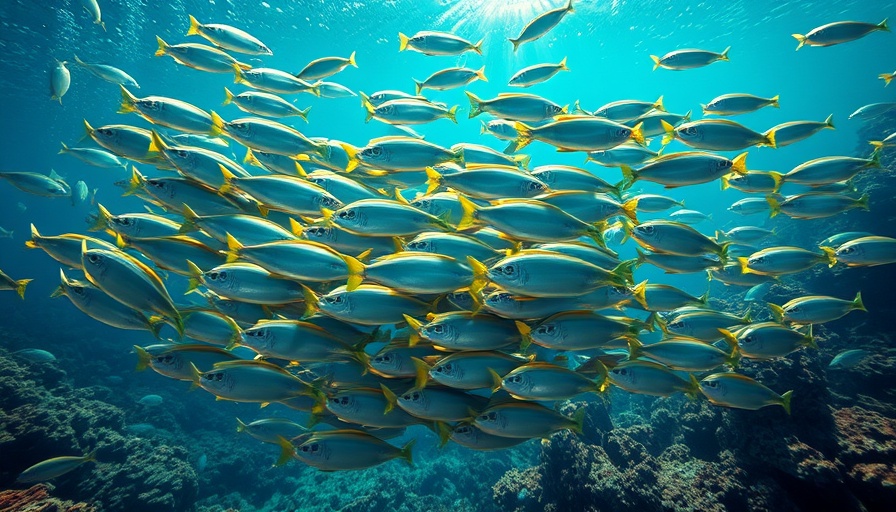
A Call to Action for Marine Biodiversity in Africa
The recent gathering of experts in New York highlights an urgent and pivotal moment for global marine biodiversity. As nations face growing pressure to address the adverse effects of climate change, pollution, and overfishing, the need for a comprehensive global marine biodiversity treaty has become increasingly apparent. With Africa's rich maritime resources at stake, the continent's role in these discussions is critical.
Africa's Strategic Involvement in Global Marine Governance
Africa is home to vast coastlines and diverse ecosystems that support millions of livelihoods. However, as global economic trends shift, Africa's strategic interests must align with international efforts to safeguard marine biodiversity. The discussions in New York signal an opportunity for African leaders to play a proactive role, advocating for sustainable practices that ensure both economic growth and environmental protection. This treaty could become a cornerstone for Africa's engagement in global trade dynamics, linking the sustainable use of marine resources with economic resilience.
The Broader Implications for African Economies
As experts converge to articulate a path forward, the implications for African economies cannot be underestimated. A marine biodiversity treaty may catalyze investment in sustainable fisheries, tourism, and conservation efforts, directly impacting sectors vital for economic stability. As policymakers assess the potential outcomes of these negotiations, it is imperative that they consider the long-term benefits for both local economies and the African continent as a whole.
The Geopolitical Landscape and Africa's Role
The geopolitical landscape surrounding marine resources is shifting. Countries are increasingly recognizing the importance of collaboration in preserving global maritime ecosystems. For African nations, fostering partnerships with global powers could strengthen their positions in negotiations. Active participation in dialogues for a marine biodiversity treaty not only positions Africa favorably within wider global governance frameworks but can also amplify its voice in crucial discussions regarding climate change and sustainable development.
Conclusion: A Call to Action
The time for decisive action regarding marine biodiversity is now. As the conference unfolds, it is crucial for African nations to leverage their unique position and advocate for a treaty that addresses both ecological and economic needs. Business leaders, policymakers, and academics must collaborate to shape a sustainable future that benefits all. Staying informed and engaged with these developments is vital for those invested in the future of Africa and its role on the global stage.
 Add Row
Add Row  Add
Add 


Write A Comment